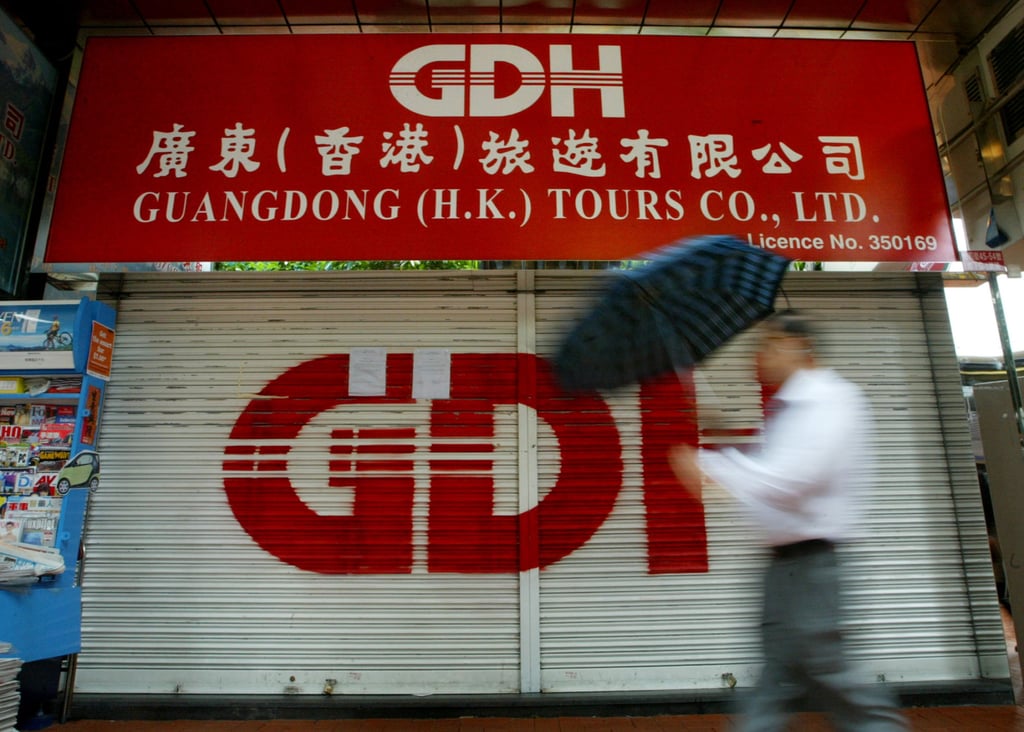Editorial | Hong Kong firms should make most of new Cepa deal to feel benefit
Further expansion of free-trade pact removes barriers for companies in seven Hong Kong sectors wanting to do business in mainland China

It was 2003, and the darkest days of the severe acute respiratory syndrome (Sars) epidemic had ravaged the city, killed nearly 300 people, emptied the streets and shut schools for nearly two months. With travellers staying away and residents staying home, the economy slumped.
Beijing responded with a free-trade pact that rapidly revived business and commerce.
Another welcome enhancement to bolster the city’s economy came on Wednesday, as Financial Secretary Paul Chan Mo-po signed the second amendment to the framework on trade-in services under the pact. The Closer Economic Partnership Arrangement (Cepa) was first amended in 2019 to expand its scope to 153 sectors.
The latest move lowers thresholds to allow companies registered in the city easier and faster access to the Greater Bay Area, a region uniting Hong Kong, Macau and nine Guangdong province cities into a development zone with a population of 86 million. The amendment, effective from March 1 next year, relaxes qualification requirements for Hong Kong professionals working on the mainland and removes some barriers on shareholding and business scope across the border.

It eases restrictions in seven sectors including banking and securities, insurance, telecoms, tourism, film and television, and construction and engineering services.

